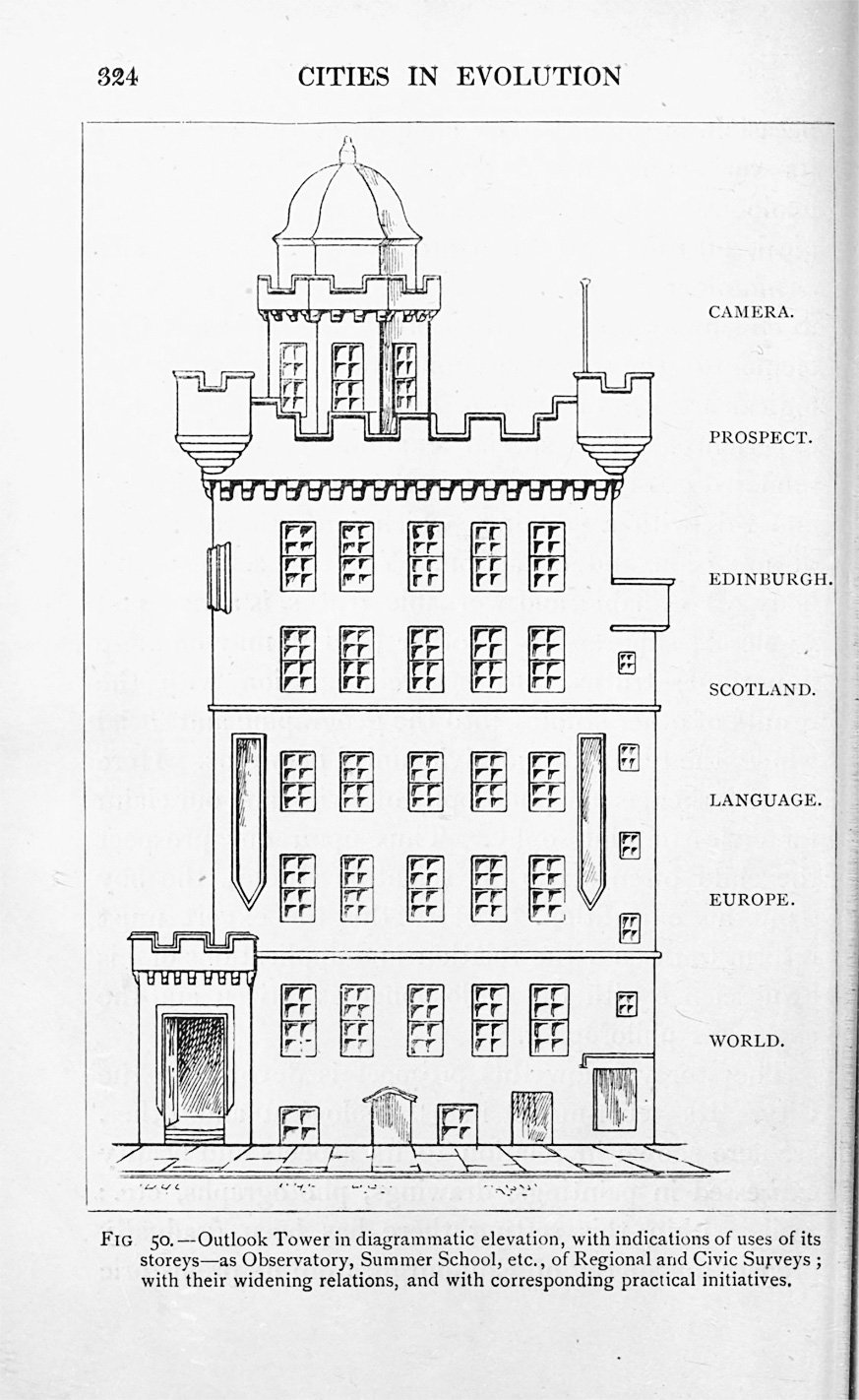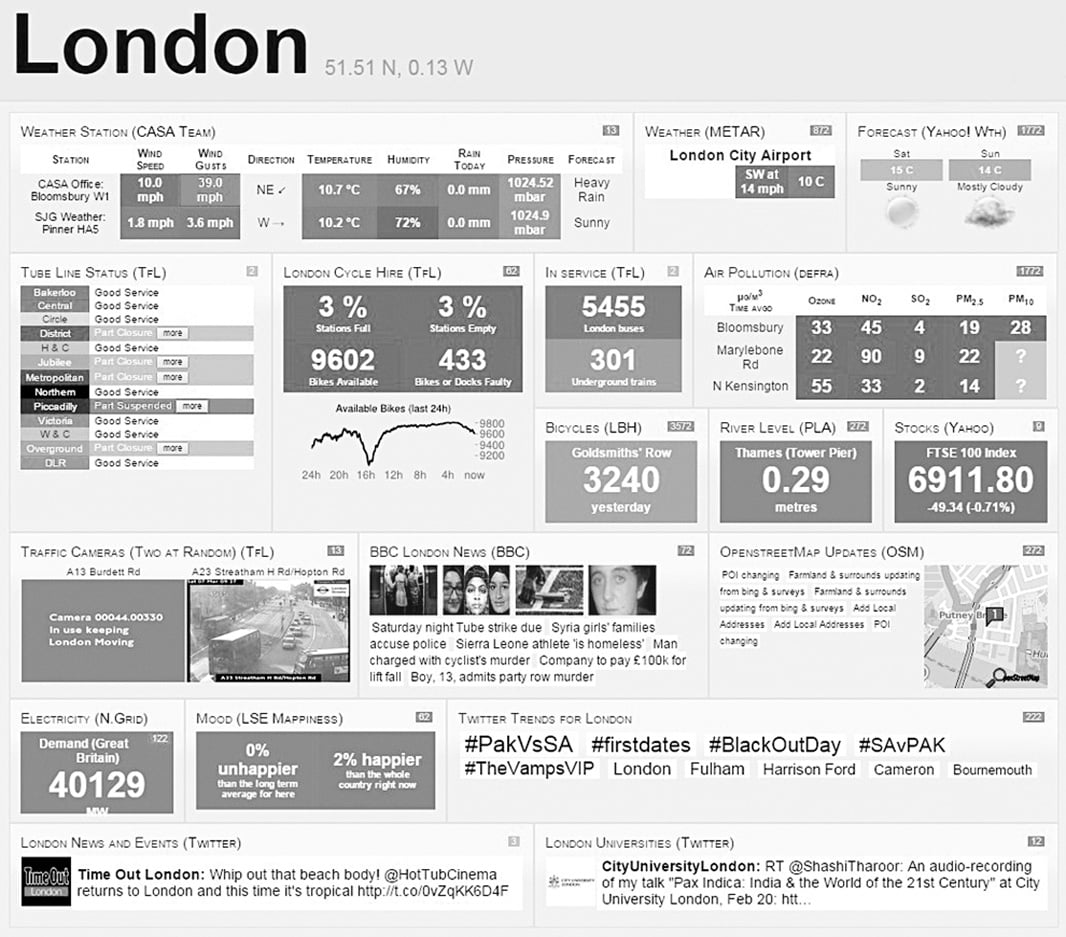
August 10, 2021
A New Book by Shannon Mattern Reveals the Consequences of ‘Smart Cities’
A City Is Not a Computer reassesses computational models of urbanism, arguing the impossibility of summarizing our messy cities with tidy narratives.

Shannon Mattern’s new book A City Is Not a Computer holds an important caveat: A city isn’t just a computer. While artists and urbanists have sought to describe it in its messy totality, an oversimplified logic that has reduced urban reality to singular narratives (most recently in the technologized smart city framing critiqued in this book) blinds us to its “prismatic complexity,” as Mattern describes it.
Shannon Mattern, an anthropology professor at The New School, questions the data driven logic of projects such as Hudson Yards and Sidewalk Labs without outright dismissing the utility of a computational metaphor. Scholars like Lewis Mumford have long noted the city’s information processing powers; the problem, Mattern argues, is that smart city projects bracket out elements that can’t be reduced to simple metrics. Urban “dashboards,” which get their own chapter in the book, are a perfect example of this mindset: Like the muddy reality that the original car dashboard was designed to obstruct, tools that distill the city’s activities (or, more recently, the trajectory of the pandemic) offer the illusion of total information, while actually narrowing our field of vision.
“[The book] is about a multiplication of metaphors, and realizing that a city is all of these things simultaneously—a tree, a graft, a computer,” Mattern says. “Each metaphor provides a different lens for thinking about how urban administration, design, maintenance, etc., should happen, which can help us develop more robust approaches.”
Although Shannon Mattern doesn’t expect another pandemic to emerge soon, projects such as Hudson Yards and the recent rise of contact tracing technologies suggest the need for an ongoing vigilance toward the seductive promises made by the tech industry. A City Is Not a Computer is, most fundamentally, a push to “inject history and happenstance” into our appreciation of urban life, and a reminder to respect the impossibility of summarizing our messy cities with neat, tidy narratives.
You may also enjoy “Can Underused Malls Help Build Healthy Communities?”
Would you like to comment on this article? Send your thoughts to: [email protected]
Register here for Metropolis’s Think Tank Thursdays and hear what leading firms across North America are thinking and working on today.
Recent Viewpoints
Viewpoints
Navigating the Path to Net Zero






